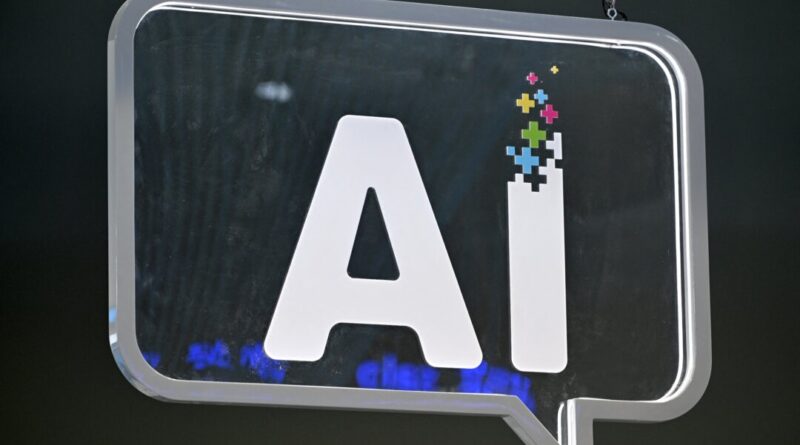Microsoft to provide AI training for one million Australians and New Zealanders
The tech giant recently organized an artificial intelligence tour in Sydney, drawing in 5,000 attendees.
Microsoft is gearing up to train one million Australians and Kiwis in artificial intelligence (AI) through collaborations with government, businesses, schools, and non-profit organizations.
Citing a future where every job will require some level of AI proficiency, Microsoft’s corporate Vice President Kate Behnscken emphasized the importance of AI fluency.
Furthermore, Microsoft will offer complimentary resources, including the Artificial Intelligence Skills Navigator, on its platform.
“We will collaborate with governments, businesses, educational institutions, and non-profits on a variety of exciting projects to achieve this objective,” he added.
How Will Microsoft Train Australians?
Microsoft’s plan involves providing AI skills to businesses in Australia and New Zealand through the AI Academy, in partnership with the global digital engineering company Akkodis.
Furthermore, Microsoft aims to engage over 20,000 small and medium business leaders to address the AI skills gap. They are exploring partnerships with Business New South Wales and the Victorian Chamber of Commerce and Industry.
Within the governmental sector, Microsoft plans to collaborate with national and state government agencies to enhance AI skills in the public service.
“They will also involve Microsoft partnering with the Victorian government on initiatives focused on strategic engagement, AI, skills, and cybersecurity.”
Minister for Skills and Training Andrew Giles affirmed the government’s support for employers like Microsoft.
“The Australian government is dedicated to ensuring Australians acquire the skills necessary for current and future jobs, which is why we are investing in Vocational Education and Training, TAFEs, and specialized facilities to meet the demands of our growing nation,” he commented.
Microsoft is also working with 12,500 educators at Brisbane Catholic Education to implement Microsoft 365 Copilot across 140 schools.
“Additionally, Microsoft aims to help 175,000 individuals in education develop the skills essential for the future workforce,” the company stated.
Artificial Intelligence Challenges
In its third quarter survey, Deloitte revealed that only 23 percent of organizations felt “highly prepared” for the challenges AI poses to risk management and governance.
Key barriers to deploying AI tools and applications included regulatory compliance, managing risks, and governance issues, such as the European Union’s AI Act.
More than 40 percent of survey respondents expressed difficulties in defining and measuring the impact of their generative AI initiatives.
“Less than half are utilizing specific KPIs to measure Generative AI performance, and many standard success measures are not currently applied,” Deloitte highlighted.
Deloitte also cautioned that senior executives at the C-Suite level were beginning to seek returns on their investments in artificial intelligence.
“There is a risk that their interest in Generative AI could diminish if initiatives fail to deliver as expected or as promptly,” the report warned.
Psychosocial Risk Warning
Meanwhile, senior research fellow Emmanuelle Walkowiak from RMIT School of Economics raised concerns about potential psychosocial, health, and wellbeing risks for workers due to the integration of AI in the workplace.
“Currently, there is a lack of framework and guidelines specifically addressing the use of automated AI systems and their implications for generating psychosocial hazards in the workplace.”





